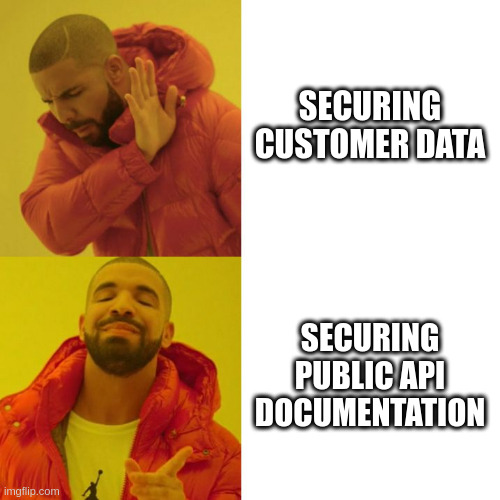Fujifilm successfully repositioned towards other chemistry. I know there's that Eastman spinoff but why wasn't it as successful?
HakFoo
ARM has a high probability of blowing a tire.
They have a complex relationship with their licensees which may try to cause self-sabotage trying to pull more of the money home. See the various licensing fights.
If you don't want or need x86, what does ARM have to offer-- in the long term-- over RISC-V, which is much less coupled to a single firm's caprice? We can assume the gap in performance will continue to shrink ovrr time.
A month or so ago; I had a 32G card, and bought a 128G card.
My objections:
- It doesn't adequately indicate "confidence". It could return "foo" or "!foo" just as easily, and if that's one term in a nested structure, you could spend hours chasing it.
- So many hallucinations-- inventing methods and fields from nowhere, even in an IDE where they're tagged and searchable.
Instead of writing the code now, you end up having to review and debug it, which is more work IMO.
Not to mention the Xbox Box, and the shipping cintainer full of 'em, the Xbox Box Box
Or that there's a huge amount of legit demand for mature node chips and it makes sense to own the supply for it.
The 5000 microcontrollers you inyeract with each day, by and large, do not need 5nm processes.
We saw a few years ago how relatively cheap, commodity-grade, low-complexity chips suddenly become vital when you can't get them and they have unfinished cars piling up at the assembly plant.
I suspect Intel has a broader product range than AMD to justify the headcount, but I'm not sure where the extra resources should go.
Their networking chipsets were gold-standard in the 100M and Gigabit era, but their 2.5G stuff is spotty to the point Realtek is considered legit.
They've pulled back from flash, SSDs and Optane.
There must be some other rich product lines that they do and AMD doesn't
It can also throw things against the wall with no concern for fitness-to=purpose. See "None pizza, left beef".
So thry're saying they have plenty of licenses for the use case, but somehow people are still pirating?
Maybe their license management paradigm is just garbage. This could be the vendor, but also poor IT policy if the users can't requisition what they need.
As usual, service problem.
So much licensing fuckery-- dealing with floating or reissuing licenses, users needing to move to different machines-- could be solved via affordable site licensing. But that might leave dollars on the table if users don't overbuy.
I guess the assumption is more that for me, a fresh install is often about decluttering as much as anything-- the five Wayland compositors, three music players, and six pseudo-IDEs I tried and didn't like don't need to follow me to the next build.
In a conventional install, that just means "don't check the checkbox in the installer next time". In a Nix-style system, this is a conscious process of actively deciding to remove things from the stored configuration, no?
I suppose the closest I've gotten was recently migrating my setup from a desktop to a new laptop. Mostly copying over some config from my home directory, but even then, I wanted enough different stuff-- removing tools I don't use on the laptop, adding things like battery monitoring and Wi-Fi control-- that it involved some reconfiguration.
I suspect the tooling isn't quite there yet for desktop use cases.
If I were to try to replicate my current desktop in an immutable model, it would involve a lot of manual labour in scripting or checkpointing every time I installed or configured something, to save a few hours of labour in 2 years time when I get a new drive or do a full install.
The case is easier for defined workload servers and dev environments that are regularly spun up fresh.

As a reptile keeper who knows full well they don't know when to stop eating, I find this story charming. I want to feed her a basket of eyes (pre-frozen to kill parasites)
One hour from new classic myth to kawaii. I think that's near Rule 34 turnaround speed.